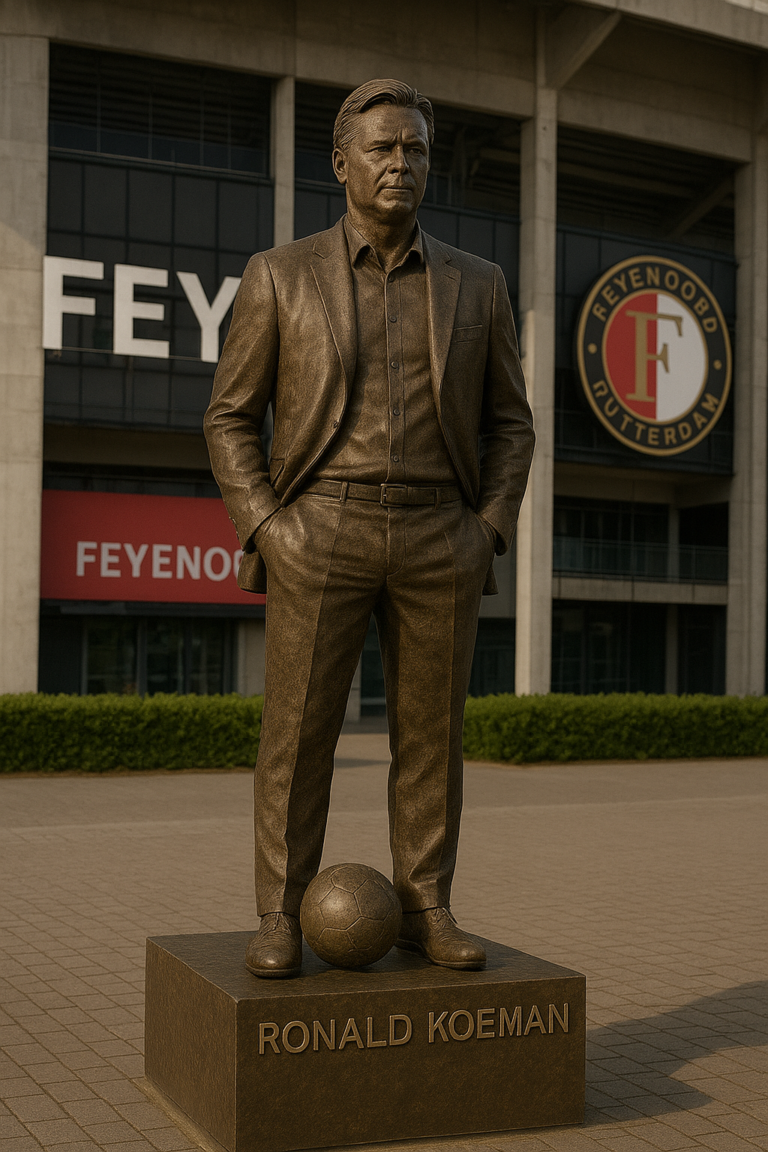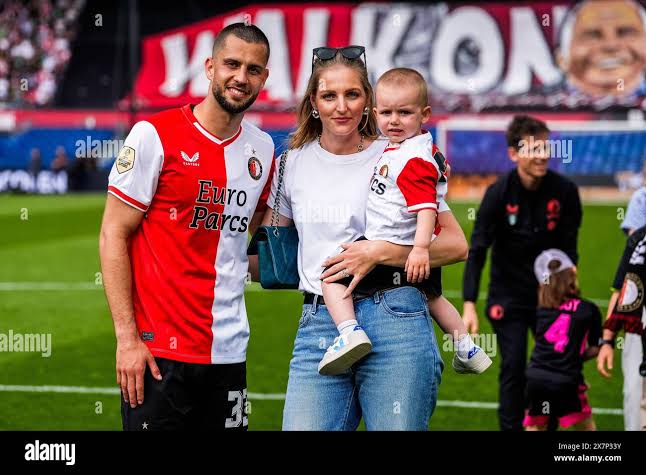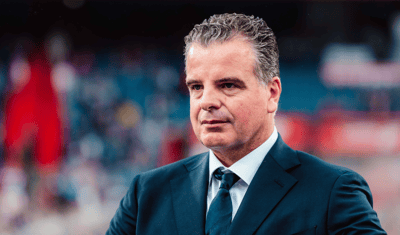
Ayesha Howard, the mother of Minnesota Timberwolves star Anthony Edwards’ young daughter, is reportedly seeking more than just child support as part of negotiations over a proposed sole custody agreement. According to reports, Howard is in discussions to assume full legal and physical custody of their daughter, but she has outlined additional conditions she wants met before finalizing the arrangement.
While specific details of those requests have not been publicly confirmed, sources familiar with the situation indicate they could involve provisions related to the child’s education, healthcare, travel arrangements, and possibly the financial support needed to maintain a stable living environment. These conditions are believed to be aimed at ensuring long-term stability and well-being for the child rather than focusing solely on monetary support.
Anthony Edwards, 23, has been one of the NBA’s rising stars, leading the Timberwolves to a deep playoff run this past season and cementing his status as one of the league’s most marketable young players. His busy travel schedule during the NBA season has reportedly been a factor in discussions about custody, with both parties working to determine an arrangement that prioritizes the child’s best interests while accommodating Edwards’ professional commitments.
Howard, who has had primary caregiving responsibilities for much of the child’s life, is said to be advocating for a comprehensive custody agreement that addresses not only financial obligations but also the structure of parenting time, decision-making authority, and safeguards for the child’s routine and lifestyle. Legal experts note that it is not uncommon for custody negotiations to include terms beyond child support, especially when one parent’s career requires extensive travel and time away from home.
Neither Edwards nor Howard has made public comments on the ongoing negotiations, and it is unclear how close the two sides are to reaching a final agreement. However, family law attorneys say the process could take time, particularly if the parties need to resolve disputes over specific conditions or financial arrangements beyond the standard child support formula.
If an agreement is reached, Howard would have sole custody, giving her primary authority over major decisions in the child’s life, while Edwards would likely retain visitation rights and continue providing financial support. The additional terms being sought could play a significant role in determining how those rights and responsibilities are structured.
The situation remains fluid, and any final custody agreement would need to be approved by a court to ensure it meets legal standards and serves the child’s best interests. For now, both sides appear to be navigating a sensitive and potentially high-stakes negotiation that blends the personal realities of parenting with the public scrutiny that comes with Edwards’ rising profile in professional sports.






